About Us
Advertise With Us
RSS Feed | Content Syndication
Terms & Conditions
Privacy Policy
Contact Us
BollywoodShaadis.com © 2026, Red Hot Web Gems (I) Pvt Ltd, All Rights Reserved.
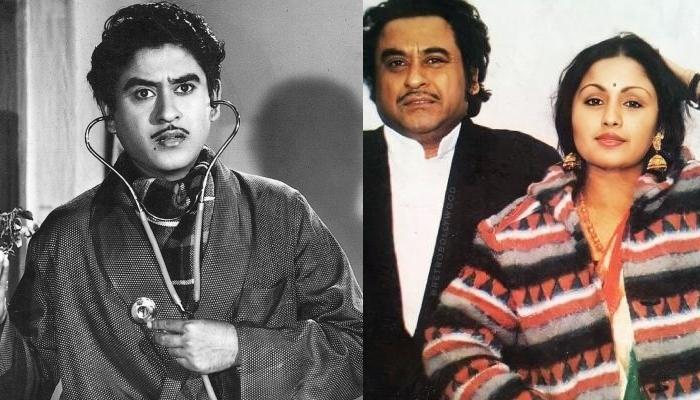
No matter how many years or decades pass, Kishore Kumar will always be among the greatest Indian singers ever. He is right up there at the top, if not the best, then one of the best ever. Different generations find solace in his tracks and his musical legacy that will surely win the hearts of the coming generations. Kishore Kumar was born in Khandwa, India, on August 4, 1929.
Kishore Kumar was a musical genius like no other, but what made him a timeless personality was his humility. Despite being at the top, Kishore hardly showed attitude or disrespect for anyone throughout his career. Apart from Kishore Kumar’s remarkable versatility and unique voice, it was his magnetic stage presence that also contributed heavily to his journey to become one of the greatest Indian playback singers of all time.
Recommended Read: B-Town Celebs Who Got Married Thrice Or More, From Kishore Kumar, Neelima Azeem To Sanjay Dutt
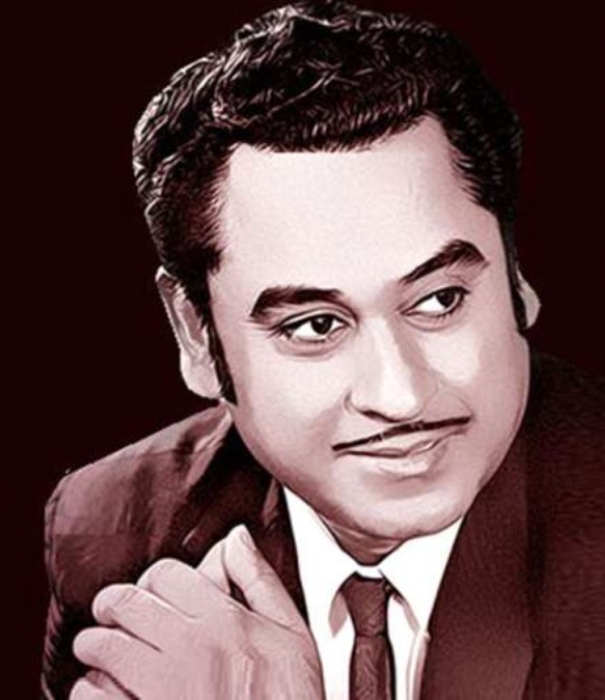
Kishore Kumar's musical journey took off in the 1950s, and the singer dominated the Indian music industry for decades. While there were a series of talented singers, as it was the golden generation of Indian music, there was something different in Kishore’s voice which made him stand out despite all the competition.
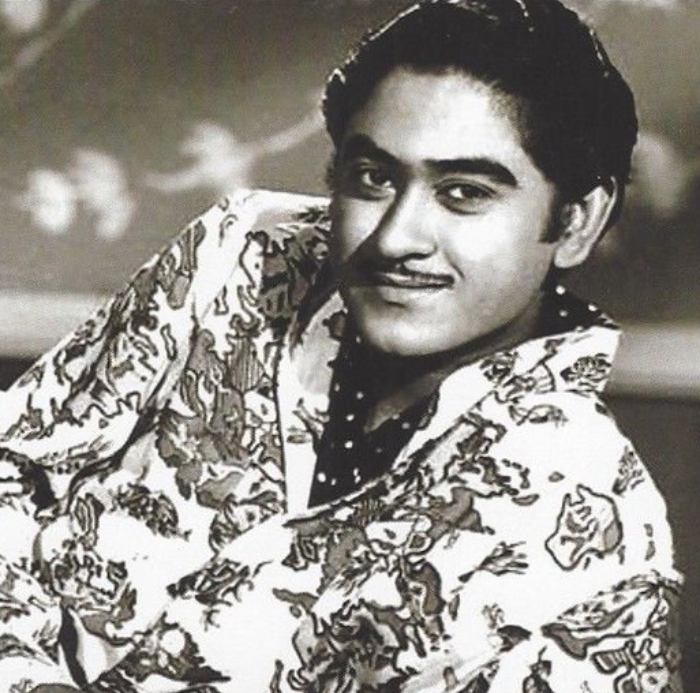
The ace singer, Kishore Kumar used to transition from soulful melodies to peppy tracks quite effortlessly. Almost everyone is aware of Kishore Kumar’s illustrious singing career. However, there are still so many unknown facts and incidents about his life that are still unknown to so many people. So, today, we will look at some of his hidden facts that are simply unmissable.
Continue reading below
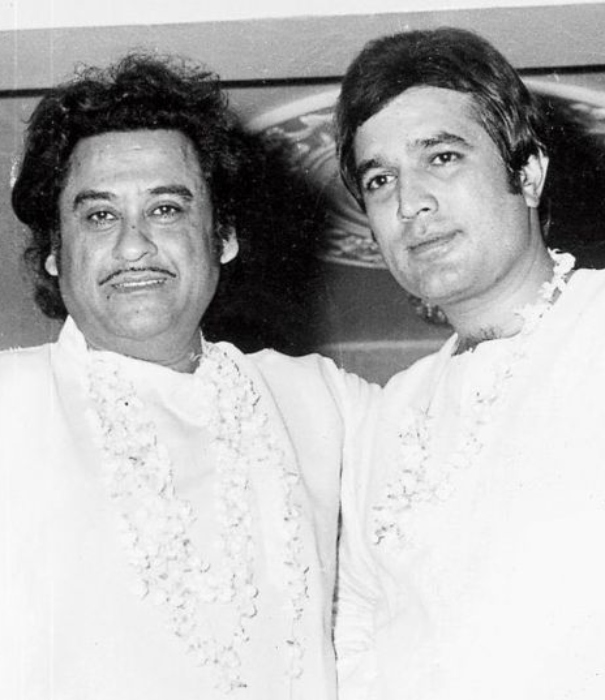
When Rajesh Khanna entered into the film industry, Kishore Kumar was already a renowned singer. As a result, when the producers of the film, Aradhana went to the singer, he denied singing for a new actor without meeting him in person. While it looks quite weird for a man, but Kishore was quite particular about his work, and he used to sync with the person with whom he was singing. Thus, when Rajesh Khanna came to meet the singer, the latter asked him why he wanted to become an actor.
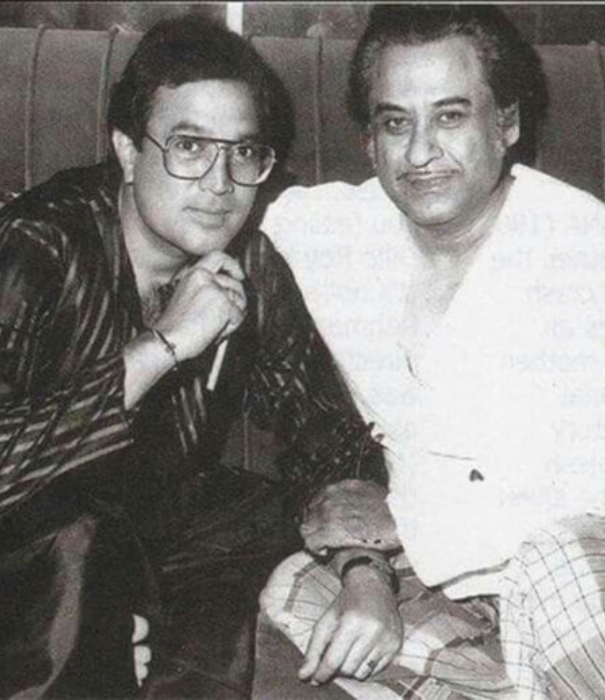
In response to Kishore Kumar’s question, Rajesh Khanna stated that he wants to serve society. After hearing the actor’s answer, Kishore asked him to explain his stance. On which Rajesh Khanna stated, “I will entertain people by working in films. Entertaining people is also giving back to the society”. The answer impressed Kishore Kumar, and he agreed to sing songs for Rajesh Khanna for his film, Aradhana. What followed was a series of hit songs featuring Rajesh Khanna in Kishore Kumar’s melodious voice.
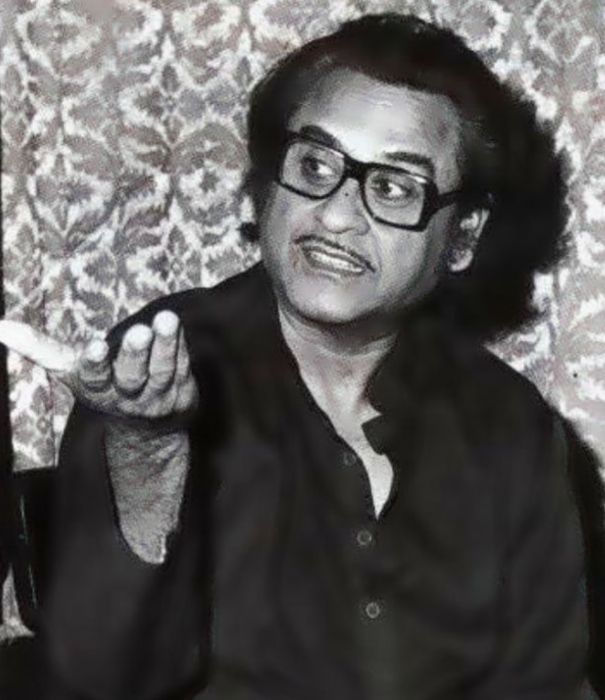
According to multiple reports, after the announcement of the Emergency in 1975, the then-Prime Minister of India, Indira Gandhi, wanted Bollywood to promote a 20-point program on Doordarshan and All India Radio. Kishore Kumar was also approached for giving his voice to a jingle, which was a part of the program. However, the singer refused to sing for TV and radio. As a result, he was banned from singing on AIR and DD. However, after some time, Kishore handed an apology to the government, and the matter was resolved by lifting the ban from him.
You May Like This: When Famous Criminal Lawyer, Ram Jethmalani Kissed Kishore Kumar's Fourth Wife, Leena Chandavakar
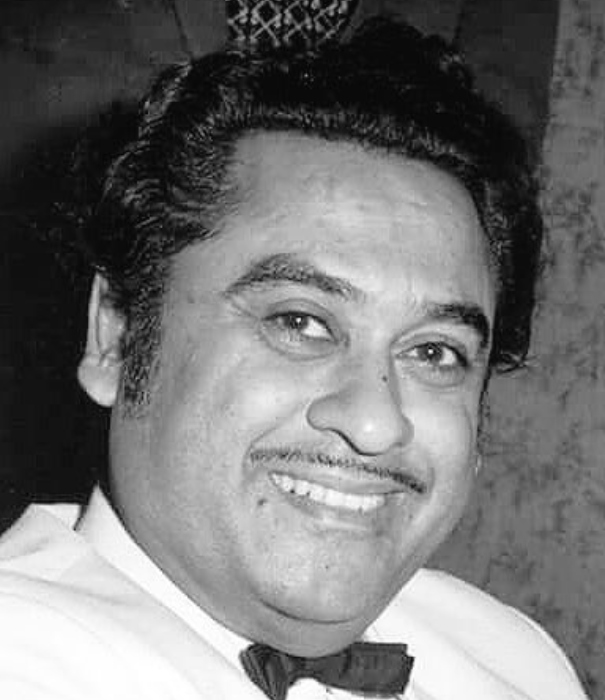
Kishore Kumar was one of the most interesting personalities in the Indian cinema. One incident that explains it completely was when a producer didn’t give him the full payment for his work. As a result, Kishore came on the sets with half makeup and costume. The singer even told the producer, “Aadha paisa, aadha kaam. Poora paisa, poora kaam". Such was the courage he had which made him one of the most inspirational personalities in Indian cinema.
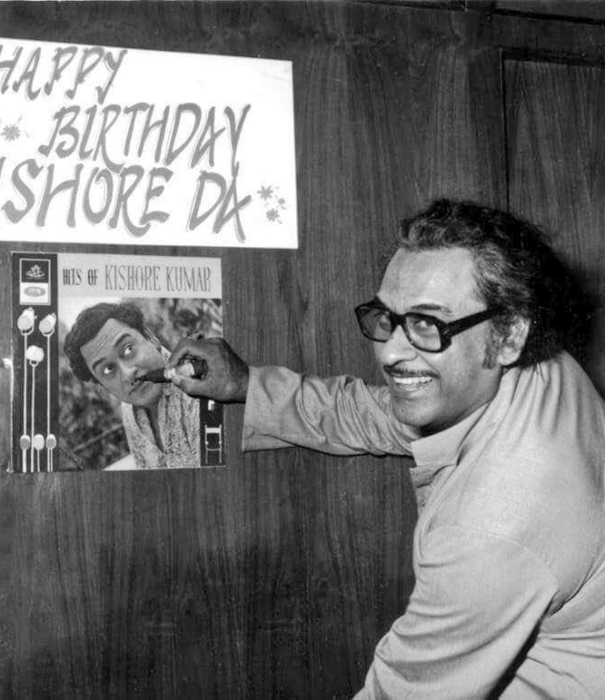
In the film industry, producers are often blamed for not giving full payments to the cast and crew. These things used to happen in Kishore Kumar’s era too, but the latter used to deal with it most unexpectedly. Once, a producer did not give Rs. 8000 to Kishore Kumar, even after the completion of the project. Despite the singer’s multiple requests, he reportedly started ignoring him. As a result, Kishore Kumar started shouting, “Hey! Talwar, dede mere 8000” every morning until the producer cleared his due amount.
Don’t Miss: When Kishore Kumar's Fourth Wife, Leena Admitted She Allowed Lawyer, Ram Jethmalani To Kiss Her
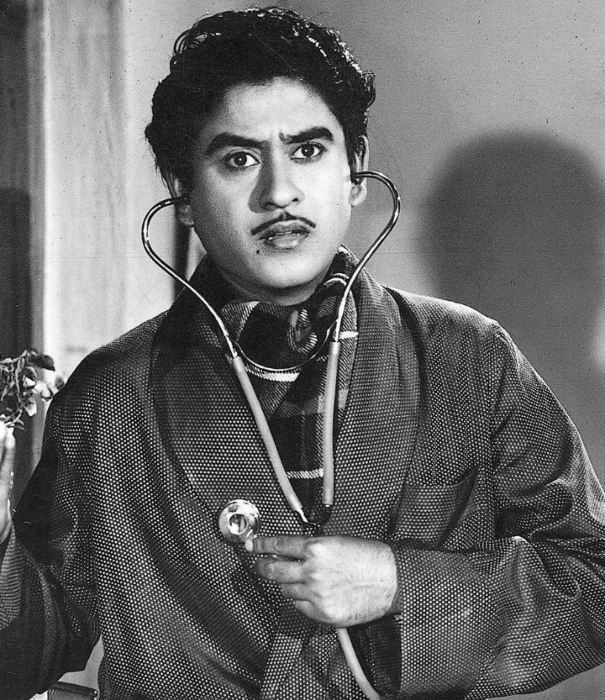
Kishore Kumar was indeed a magnum star, but he used to prefer living a low-key life with his family. The iconic singer used to avoid giving too many interviews. However, when people and media personnel didn’t stop visiting him, he came up with a unique idea. Kishore Kumar hanged a lot of bones and skulls in different parts of his house. From the living room to his bedroom, he installed a series of scary bones and skulls along with a red light that was enough to give spooky vibes to almost every visitor. Well, the idea worked, and soon, people started avoiding meeting him in his home and instead preferred to arrange meetings at his office.
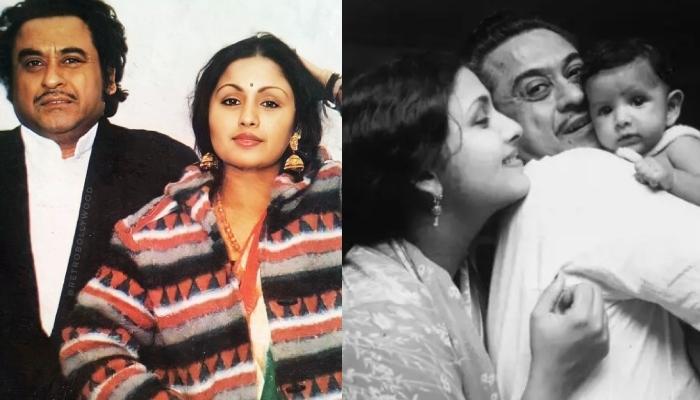
In a throwback interview, Kishore Kumar’s son, Amit Kumar revealed how his father knew that he was about to die. The doting son shared that his father told his mother he would have a heart attack. At that time, he was suffering from minor heart attack symptoms, but he was joking with his mother, as per Amit Kumar. But when Kishore Kumar keeled over in front of Leena, the latter thought that it would be a prank, but when Kishore wasn’t responding, she immediately called everyone. The doting son admitted that his father sensed his death and knew his time had come. He said:
"He seemed to have a sixth sense even of his death. He was suffering from symptoms of a heart attack but joked that if we called a doctor, he would have a heart attack. In fact, he was laughing and talking with Leena when he keeled over. Leena at first thought that he was playing a prank."
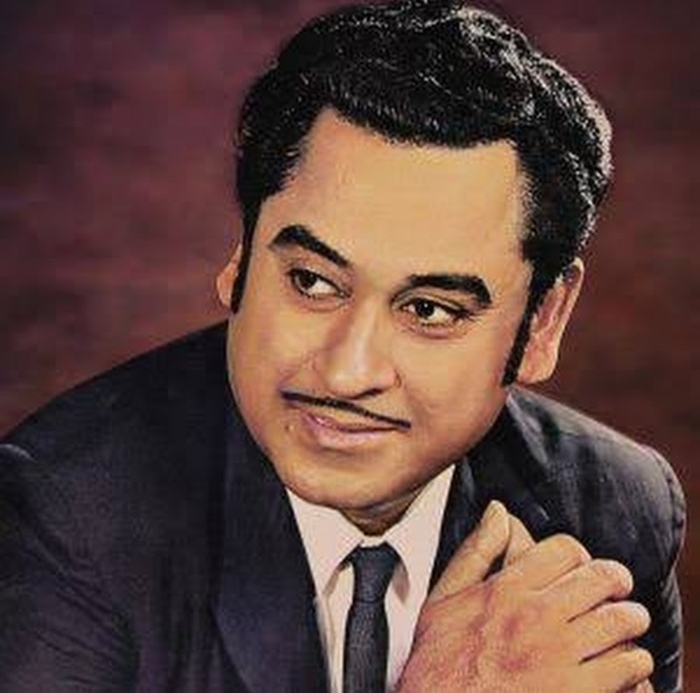
What are your thoughts about Kishore Kumar’s rare facts? Let us know.
Also Read: Women In Dev Anand's Life: A Serious Affair With Suraiya To Hopelessly Falling For With Zeenat Aman
advertisement
advertisement
advertisement
